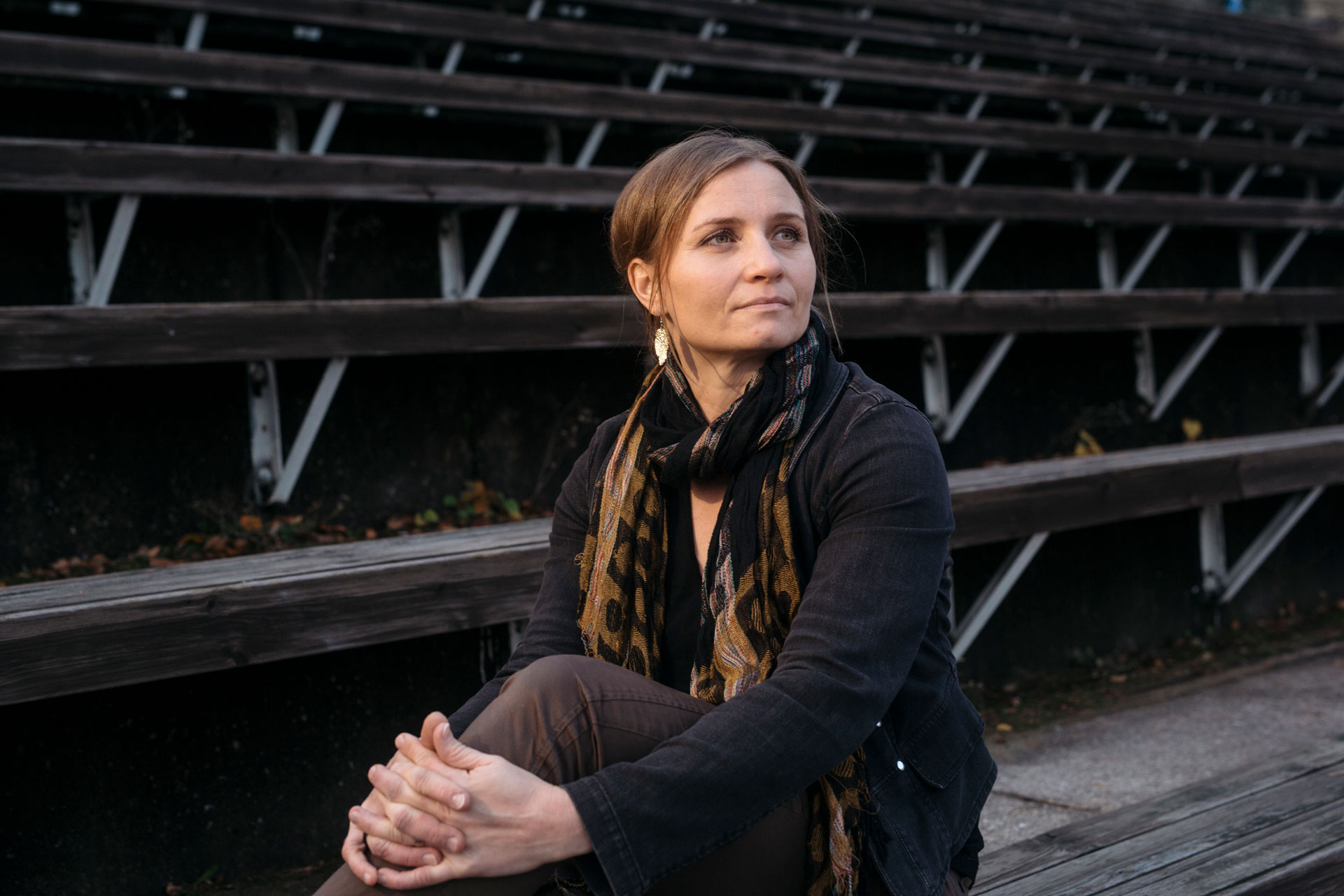In the Nessling Foundation’s autumn 2020 general call for grant applications, a total of 18 grants were awarded to PhD and implementation projects. Sini Suomalainen from the FINIX project received a grant for the implementation of research information.

“The whole world has woken up to the huge amount of textiles out there. The textile industry is responsible for 10 percent of the world’s carbon dioxide emissions and 35 percent of microplastics released into the oceans. In order to improve the situation, we have to change the way we consume textiles.
The idea for our project was born when we heard that the first textile waste processing plant in the Nordics was going to be opened in Finland. The establishment of the processing plant was influenced by EU regulation, which obliges member states to arrange separate collection of textile waste from 2025 onwards. Once we start collecting textiles, we should also make use of them in some way. Our job is to find those who will make use of textile waste and bring them together with textile waste handlers.
When municipalities and cities collect waste textiles for processing, textile processors need methods that identify the different fibre contents of textiles. We also need chemical processes in which different fibres are separated so that they can be reused. Our project originated from the FINIX research project, which provides this technical and chemical know-how as well as researched information on building circular economy ecosystems. An important partner in the project is Rester Oy, which is setting up the recycling plant I mentioned earlier.
The possible uses of recycled fibres from textile waste are nearly endless. They can be used to create not only new clothes but also cleaning supplies, patio furniture, filters, insulation wool and other construction materials. We want these opportunities to be recognised and put to use.
In the project, we will create videos and a material course aimed at businesses. These will help us tell about the different uses of recycled textiles. Our dream is that a few big Finnish companies would seize our ideas and boldly experiment with recycled textiles in their own industry. The best way for the circular economy to gain momentum is through examples.
The EU regulation on textile recycling will come into effect in 2025, but Finland has promised to start (textile) collection already in 2023. Before we can start, we have to have a plan for the recycling and use of textiles. The time to act is now.”
Sini Suomalainen is one of our new grantees. See the list of all our grantees here.

